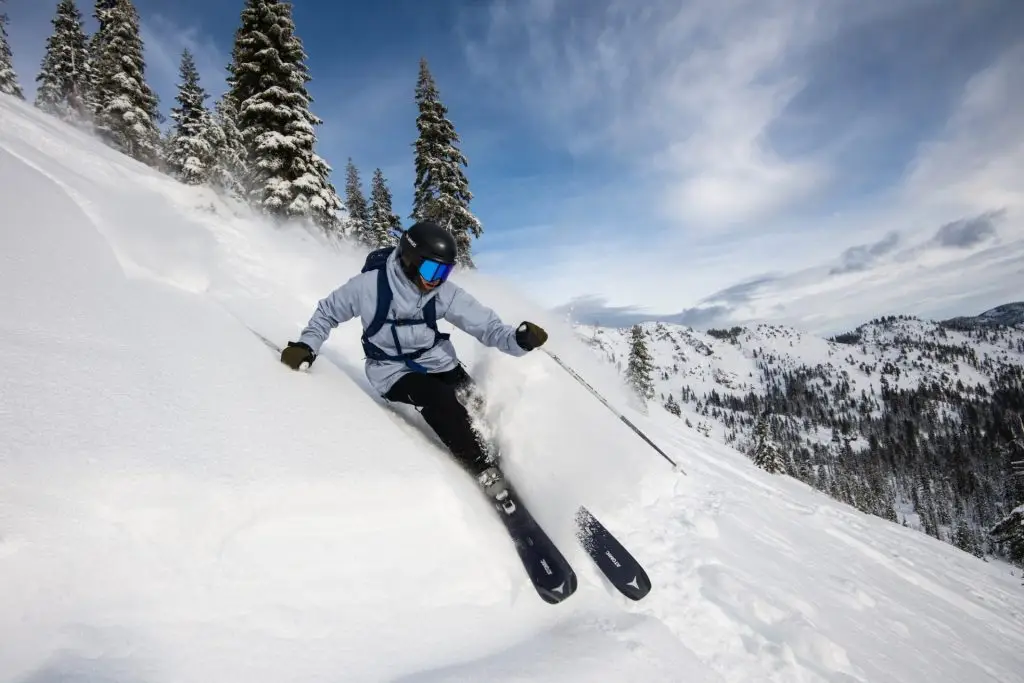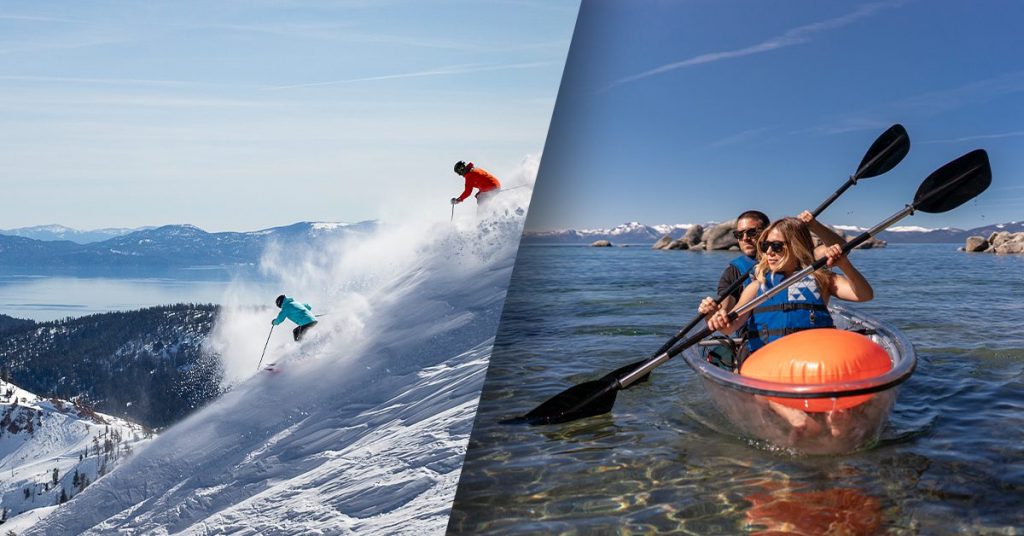Wildlife is a key component of Lake Tahoe’s natural ecosystem. Whether they’re in the air or down into the depths of our crystal waters, each creature is as wild and wonderful as the next. They took up residency here long before we moved in, so we want to do our part to be the best house guests.
One of our most majestic residents is our beautiful bears. Bears account for some of the most prevalent wildlife sightings, especially during certain seasons. They look for food in human inhabited spaces like homes and cars, so their close proximity to us is common. As they roam and co-exist in our environment, it’s important to be mindful and aware of their behavior, as well as yours, to keep everyone safe.

Lake Tahoe Bear Background
Black bears are the dominant kind of bear in the Lake Tahoe region. Here are some quick facts in identifying these kinds of bears from Keep Tahoe Bears Wild:
- Despite the name, they vary in color, from tan to brown/black.
- Female black bears can weigh from 100-200 pounds and males are even larger at 250-350 pounds.
- Black bears in Lake Tahoe are known to be “opportunistic omnivores” meaning they will eat almost anything that they can find. Their diets also change with the season.
- Black bear’s sense of smell is ten times greater than a bloodhound, so they can smell food from many miles away.
- They have excellent vision (similar to that of a human) and a long-term memory. They can often remember the exact place they found food previously.
- They are attracted to:
- Barbecue grills
- Pet food
- Bird feed
- Backyard chickens
- Wrappers and empty cans
- Coolers
- Scented candles
- Scented toiletries like lip balm, sunscreen, soap, lotion and toothpaste
- Bears are especially active when they emerge from hibernation (in the early spring) and the months leading up to hibernation starting in mid-August.
Hibernation usually begins mid-November, but can be as late as January if a winter is unseasonable warm.
Bear Behavior & Preventative Safety Measures
Bears are determined and driven by their instincts, but they can also be easily intimidated by your presence. They are naturally afraid and are easily scared off when they know their visit isn’t welcome.
Bears are also quick to learn and understand if your intentions are to not let them get away with taking what isn’t theirs. If bears believe you’re there to protect your “den” and food source, they won’t claim your space as their own. Dominance is key when getting bears to lose focus and move on to an alternative plan.
If the place you’re staying is not your permanent home, you’ll want to familiarize yourself with access points and locking mechanisms on doors and windows, plus where trash is deposited and stored. Bears are very resourceful and intelligent, so it’s best not to give them the benefit of the doubt!
Learn more about the six outdoor basics to being “BearWise.”
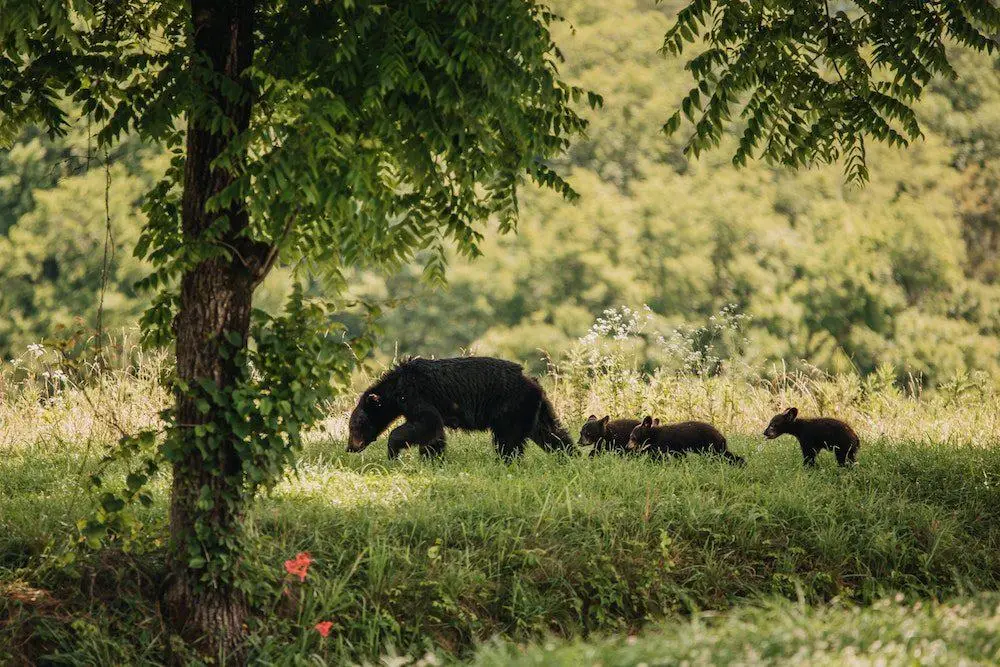
Bear Awareness Tips
Here are a few steps you can take that will help prevent unwelcome bear visits:
- Don’t leave accessible windows or doors open. Screens are not bear-proof.
- Remove food from your lodging property if it is unoccupied for long periods of time. Bears can smell spices, teas, and other food through the walls.
- Leave lights and radio or TV on when not at your lodging property.
- Don’t leave any garbage near the property and dispose of trash in nearby bear-proof designated receptacles.
- Don’t leave pet food outside and don’t feed pets outside.
- Don’t leave food in cars.
- Should you encounter a bear, try to scare the bear off with loud noise and big movements – wave your arms and shout.
- Don’t stand there and take photos. The bear will think this behavior is okay.
- DO NOT FEED THE BEARS!
Please report anyone you see feeding them or exhibiting irresponsible behavior that would lead to bear attraction. If you have any questions while you’re here, please seek out one of our Lake Tahoe officials for more information.
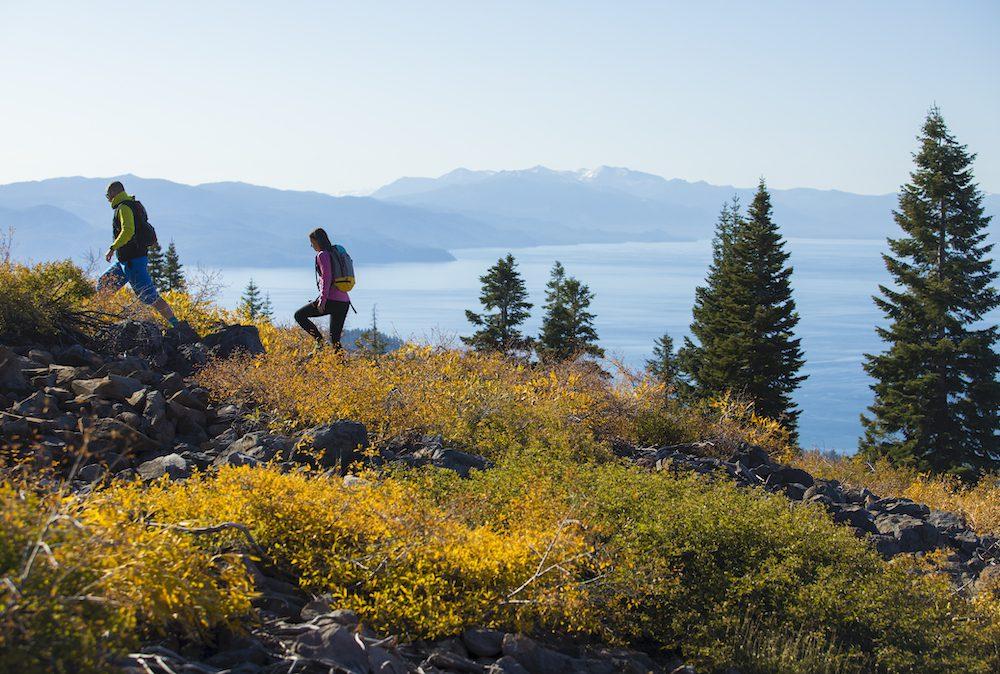
Traveler Responsibility Pledge: Protecting Our Wildlife
We ask all Lake Tahoe visitors to take the Traveler Responsibility Pledge as a promise to protect the natural beauty of our spaces and surroundings.
Within this pledge is a commitment to “Keeping Wildlife Wild.” This is for their protection and your own. Since bears are always looking for food sources it’s important to clean up after yourself when camping and/or grilling, as well as keeping your food in a secure location as to not make it a temptation for bears and other food-motivated wildlife. Above all, come prepared for any scenario that may arise while you’re enjoying your time here.
We appreciate your commitment to traveling responsibly.



